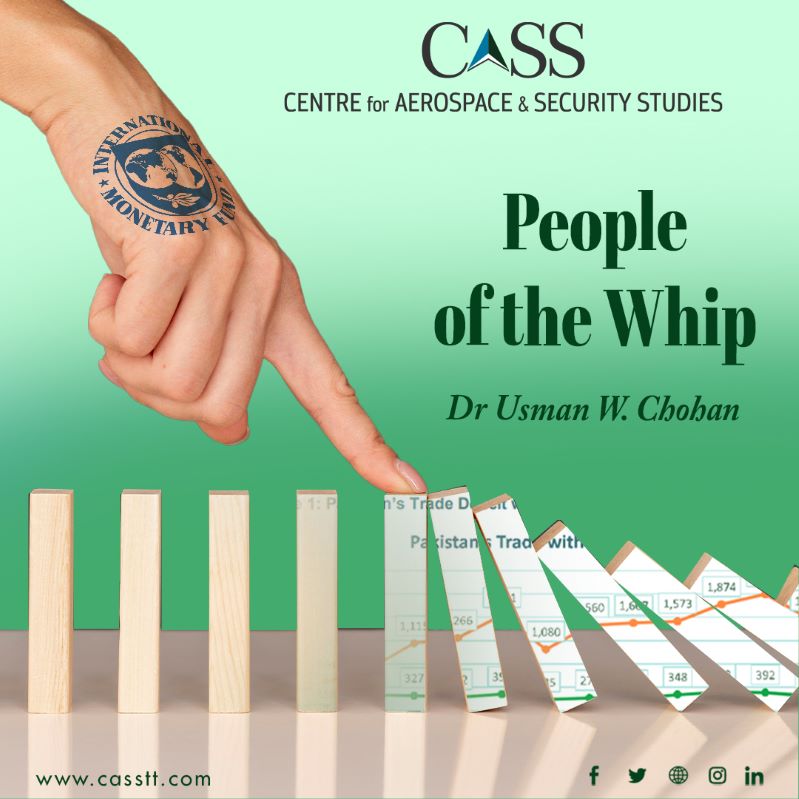The combination of an ongoing economic crisis in Pakistan and its strident negotiations with the IMF have led many to a dispiriting conclusion: national decision-makers are both unable and unwilling to solve the problems of society. As a result, they surmise that it is best for a foreign body with a tough, sanguine approach to force Pakistan to make decisions that are for its ultimate benefit, as well as the world at large.
To illustrate the point, one only need look at the last FATF grey list episode (2018-2022). Although I have written extensively on the politicised nature of FATF, it is nevertheless true that building a robust financial oversight architecture would benefit both Pakistan and the world. The FATF had placed stringent requirements on Pakistani public and private institutions that require vigilant and extensive compliance mechanisms. Although Pakistan did push back against the FATF for being unfairly singled out, as it should have, it also set in motion a wide-ranging multistakeholder effort to bring the country in line with international best practices.
Due to that effort, at the time of its exit from the grey list, Pakistan’s adherence to financial oversight surpassed that of even some developed countries, which is an impressive accomplishment attained in a very short time span. But Pakistan was coerced into excellence. Were it not for the FATF’s big punitive whip, Pakistan would not have taken such measures to improve on its own. Therefore, the masochistic conclusion is that one should thank the FATF for helping Pakistan by whipping its financial architecture into shape.
At the present juncture, the IMF has hunkered down on tough conditionalities, hoping that Pakistan can achieve fiscal sustainability once and for all. It is not willing to budge on the vast array of reforms laid forth, and it isn’t willing to accept a gradual approach either. Pakistan’s economic malaise is the product of an unproductive society with an especially unproductive elite class. There are only a few pockets of public and private sector productivity, and they cannot alone carry the vast bulk of the country (especially its ruling cabals). The vested interests at the top of society, whatever their various designations, cannot be given a golden spoon any longer, the IMF has deemed. Pakistan and the IMF are thus in the celebrated ‘Mexican standoff’ of cinema, but the IMF has a bigger whip. If the measures they seek to impose are enacted, they will provide the first step (and the first jolt) to shock the system out of post-colonial debt dependency.
It would have been better, of course, if mature leadership had steered the course long ago, while taking the people on board. If they had a public value approach to building an inclusive and sustainable economy, driven by the rule of law, with investment in the people, policy continuity, and a stable public mandate, there would be no need for the IMF. But it is harder to find such mature leadership here than it is to find US dollars.
Since this is the case, the IMF’s exacting requirements are the next best (but far from ideal) solution. The same was true for the FATF, since we could certainly have, in principle, resolved to have a robust financial oversight architecture of our own accord; but then again, few of us could imagine that happening without an external disciplinarian. So long as we are unable to solve our own problems, let someone wielding a large whip compel us to fix ourselves.
Dr Usman W. Chohan is Advisor (Economic Affairs and National Development) at the Centre for Aerospace & Security Studies (CASS), Islamabad, Pakistan. He can be reached at [email protected].





